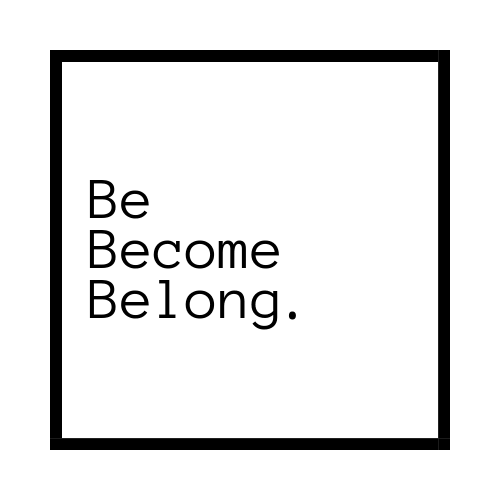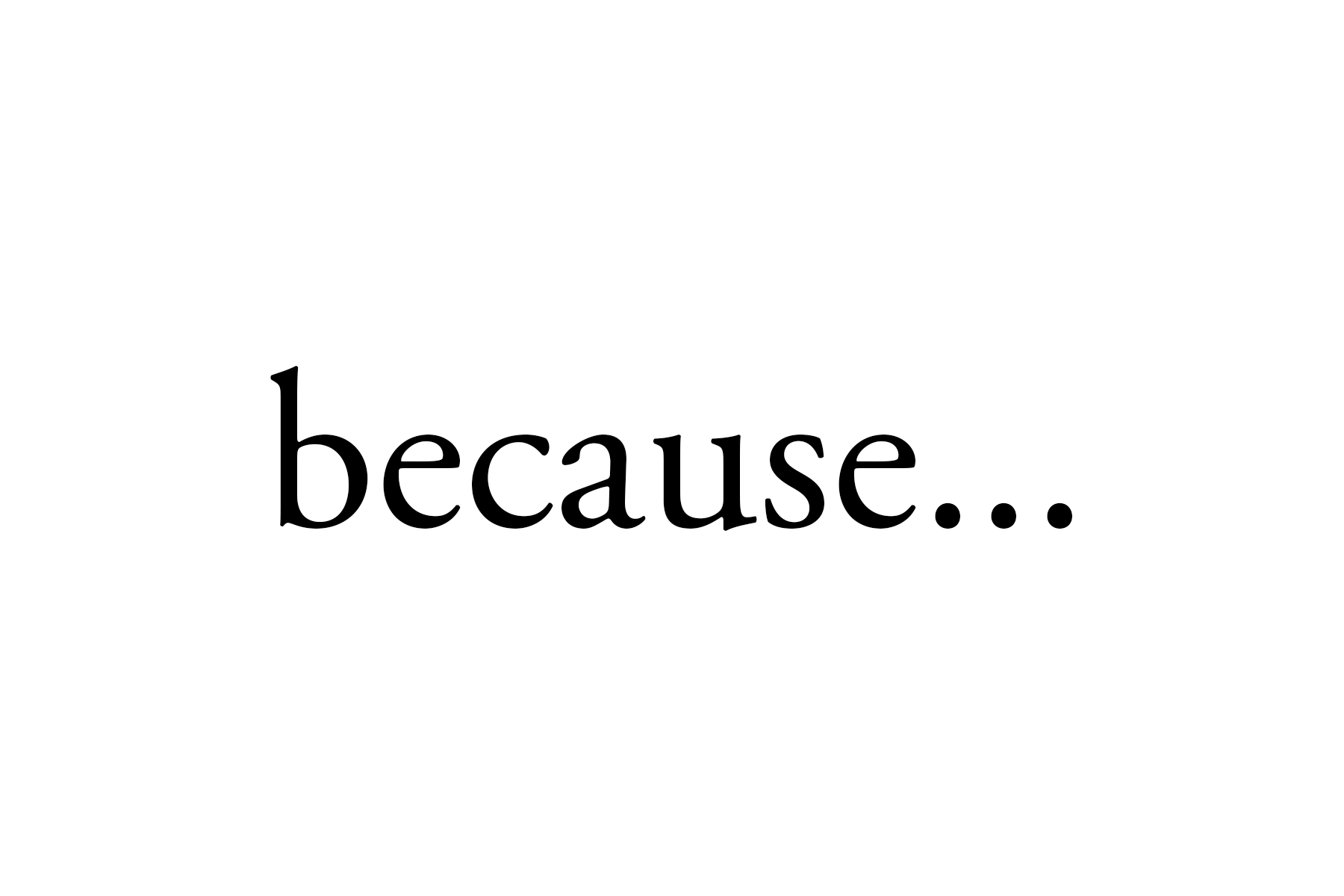In the second post in this series, we looked at the misconception on Intention and…
How to create space
Most of us don’t have enough space.
Our schedules are often cluttered with meetings, tasks. Our social circles may be populated by acquaintances, colleagues, bosses, whose company we don’t necessarily enjoy. As city-dwellers, we live in tiny spaces and societies that are driven by consumerism, surrounded by advertisements that entice us to buy more stuff. Often it’s hard to tell if we are the consumers, or the ones being consumed…

How can we create more space for ourselves, when there is none?
To answer the question, we need to first examine what exactly ‘Space’ is. We can examine it in 3 ways: Firstly it can be defined as the dimensions of height, depth, and width within which all things exist and move. We can experience space physically; it can be something tangible, which we can place a measurement to. For example, tiny basement apartment in Istanbul we’ve been living in for the last couple of days, which has ‘barely enough space to fit us and our luggages’. Second, we can also experience space on a temporal level, because it also refers to an interval of time, often used to suggest that the time is short considering what has happened or been achieved in it. For example, ‘so much has happened in the space of a just couple of days’. Lastly, and most interestingly, space is often associated with the freedom to live, think, and develop in a way that suits one. I had been spending almost all of my time with my partner, living & working together. A sense of irritation and narrowing had started to spread within me – this was when i realised i was ‘needing my own space’.
So why should we care about space?

Because space affects growth. Think of yourself as a fish. There is a common misconception that fish grow to the size of their tank/environment, because goldfish grown in a large fishtank are generally observed to grow to a bigger size than those reared in a small fishbowl. It’s actually more complex than that. What’s really going on is that the size of the tank/environment can stunt the growth and impact the health of a fish. Inadequate space to move around can negatively affect a fish’s physical development. If a fish can’t move around, its muscles may not develop properly, and this may start a downward spiral that’s unrecoverable. When a fish grows to fit the size of it’s tank, what it’s doing is actually adapting to it’s environment to enable survival in a sustainable manner. Most of us have some tendency to hoard – stuff, thoughts, emotions, even people. When our physical living space, minds, bodies and social circles are small, constrained, narrow, they limit the extent we can breathe, move and grow our bodies, hearts and minds.
If you feel like you need more space, here some ideas on how you can create some:
Bodily space: Your Body
- How you feel about your body? Are you happy with how you feel in your body? Is your body allowing you to experience the world, to move in the way you would like to? If not, what would have to change so you can experience the world more fully?
- We are often fixated on how your body looks, instead of how we feel in our bodies. Most of us take our bodies for granted. Our bodies are precious vessels which allow us to experience the world. Take a minute everyday to express gratitutde to your body.
- Experiment with the way you feed & move your body – whenever you eat, walk, sit, move, see if you can notice the sensations and spaces within your body and associated feelings. Nourish your vessel: eat & move in a way that makes your body feel good.
Physical space: Your Environment
- How you feel about your current living space? How do you feel about the objects in your living space? Does home feel like a solace/safe haven, or do you feel like escaping/leaving home? If it’s the latter, what is it about the space that makes you feel like escaping from it? What would have to change for you to feel more comfortable in that space?
- You can create a safe haven, feast for your eyes by surrounding yourself with objects, things that give you pleasure, enjoyment, joy e.g. beautiful vintage sofa you bought from a tiny store, or a painting gifted by a dear friend. Placing elements of nature e.g. potted plants, a souvenir from the sea, may help to bring life & calmness into your home. Create a welcoming home you feel like returning to every day.
- Physical space often mirrors intangible spaces within us – in our hearts and minds. Take time to clear physical cluttler from your environment – it may help to reduce the mental clutter in your mind too.
Emotional & Mental space: Your Heart & Mind
- How does your heart feel? Do you find your moods fluctuating a lot, or are they generally stable? Do find yourself irritable, annoyed, angry or sad often? When does this happen? What are the triggers for these feelings? What would have to change for you to feel more calm/at ease?
- How does your mind feel? Is your mind often busy with many different thoughts? Does it feel tired/overworked, slow/woozy or energized? What are the triggers for these thoughts? What would have to change for you to feel more calm/at ease?
- Consider taking a couple of minutes every day, either when you wake up, or before you go to bed, to be away from your phone, to sit or lie quietly with your eyes closed, focusing on your breath. While focusing on your breath, start to observe the feelings and/or thoughts that float in and out of your mind. Allow yourself the permission to be with these thoughts/emotions, without judging or being harsh on yourself. If it starts to get difficult- if the heart feels like it is aching, return to the breath. Breathe in deeply and as you exhale, soften your shoulders and your skin, allow the feeling to pass through you.
Temporal space: Your Time
- How do you feel about how you spend your time? Are days too slow, too fast or in between? Do you feel have enough time for yourself? If things feel too fast, are your days too packed? Is there something which you could drop/postpone to a later time? If things feel too slow, is there something you’ve been wanting to do, but haven’t managed to do it?
- Experiment with the way you spend your time – if you feel things are too fast, try slowing down. If you find your days slow, try to plan more events/social gatherings, and observe how that makes you feel.
- If you don’t have the practice of scheduling/planning your time, try it. See if that helps you manage your time better. Conversely, if you’re a planner, try injecting a bit of spontaneity in your life. The next time your friend asks you out on the fly, say yes, you might enjoy it!
Relational space: Your Tribe
- How do you feel about the people in your life? Are you satisfied with your social circle? Are you happy with the amount of time and effort you are putting in to your relationships? Are you hoarding people who aren’t adding value to your life?
- Choosing to spend time with someone who can encourage & foster growth in you may make you feel happier. For each person you spend time with, it may be useful to ask: ‘Is this person enabling me to create more space in my life? Is he/she offering new, interesting perspectives? By spending time with this person, am i broadening my horizons?’ Likewise, for the people in your life, ask yourself – Are you helping them to create space, broadening their horizons? How can you create more space, encourage them to grow?
We’re not goldfishes stuck in a bowl. We have the agency & power to change, to create space and catalyze growth to improve our lives and the lives of those around us. So jump to a bigger tank, swim in a different way, journey alongside other kinds of fishes, and grow.
What do you think? if you have any questions/comments, feel free to write me.



